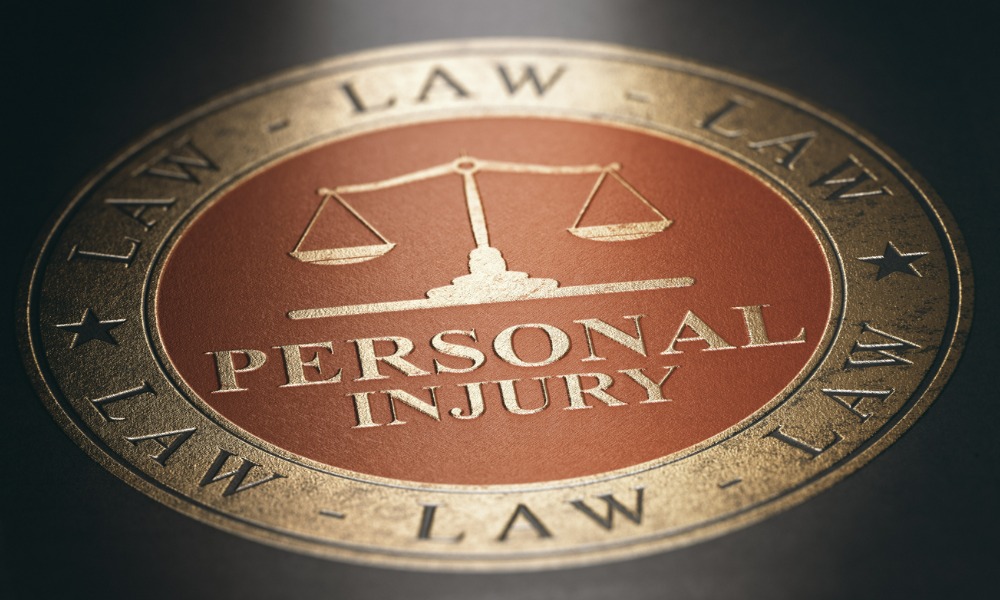
Kevin Henderson sums up the top personal injury boutique’s ways to support both lawyers and clients

For over four decades, Oatley Vigmond LLP has advocated on behalf of catastrophic injury victims, supporting them in the rehabilitation process and caring for their and their families’ welfare. Oatley Vigmond’s practice areas include motor vehicle and slip-and-fall accidents, medical malpractice, and various cases where an injury is due to another party’s negligence. The firm’s track record has made it consistently one of Canadian Lawyer’s Top Personal Injury Boutiques, an accolade it received once again in 2022.
“The pandemic has changed how law is practised in our area of law,” said Henderson, remarking that examinations for discovery and interlocutory motions, which are traditionally conducted in court, are now performed virtually. “[This] allows our client to be at home where they’re comfortable and perhaps perform better at their examinations for discovery.”
For the lawyers, staying in their office instead of going to a certain jurisdiction to file a motion – a simple task that often takes only a few minutes – means being able to spend their working hours more efficiently.
Henderson believes that some of these workplace changes will become permanent mainly because defendants are “funded by insurance companies [that] are trying to cut costs” by reducing their payments for lawyers’ travel time or mileage. For procedural motions, virtual appearance is “simply easier for all parties involved. It saves judicial resources and ultimately becomes an access to justice issue”.
Regarding the hybrid work model at Oatley Vigmond, he said that the firm had invested significantly in technology prior to the pandemic, so their team was able to immediately adapt to a virtual work environment.
“And now we are in a position where there are people that work primarily from the office but also with the flexibility to work from home on occasion, which seems to be satisfying not only our desire to have the work completed, but also the desire to ensure staff have a work-life balance and the flexibility to do their work [as it] suits them but also suits us as a firm,” he explained.
To support clients on the path to recovery, Oatley Vigmond employs non-legal resources, which include a network that can help people “[have] the treatment they need when they need it and where they need it”.
Considering how some clients may feel frustrated over medical and legal system delays that affect the resolution of their cases, Henderson said he gives advice and sets a timeline that will ensure his clients are “compensated as fairly as possible”.
He emphasized that personal injury law is “an intensely human experience” of working with people who are uncertain about their future. However, the rewarding part of the job is helping them get their life back. By taking some of the stress and uncertainty out of the process, lawyers can better assist their seriously injured clients regain their independence and dignity, he said.